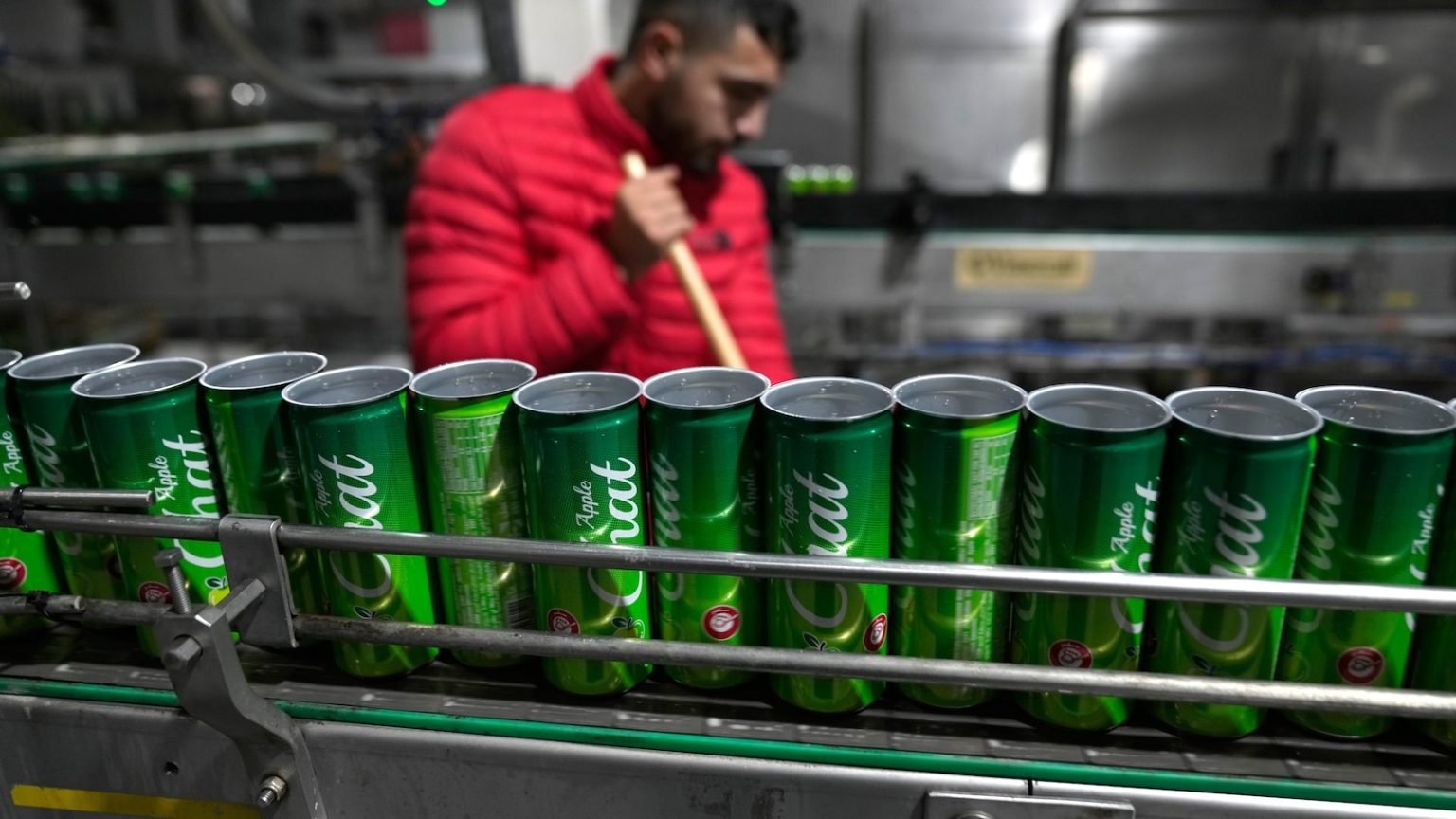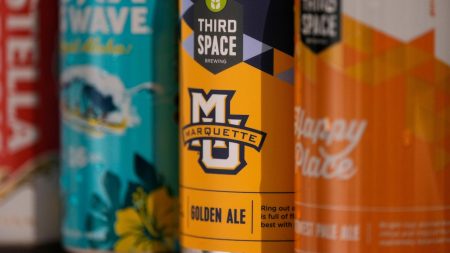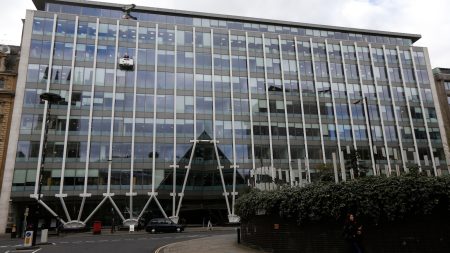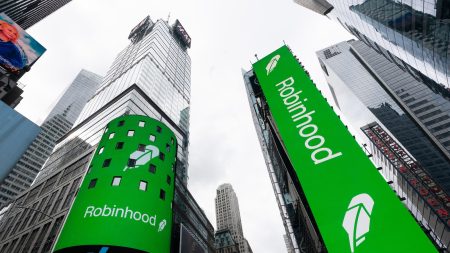The Rise of Chat Cola: A Symbol of Resistance in the West Bank
In the Israeli-occupied West Bank, a subtle yet powerful shift in consumer behavior has emerged as Palestinians increasingly turn to local alternatives to protest U.S. support for Israel. Chat Cola, a Palestinian soft drink company, has become the unlikely beneficiary of this movement, with its red-and-white cans now ubiquitous in shops and cafes. The shift is not just about taste; it’s a political statement. “No one wants to be caught drinking Coke,” says Mad Asaad, a 21-year-old worker at Croissant House in Ramallah, where Coca-Cola was removed from the menu after the Israel-Hamas war erupted in October 2023. “Everyone drinks Chat now. It’s sending a message.”
From Niche to National: The Growth of Chat Cola
Chat Cola’s meteoric rise began in 2019 as a small, family-run operation but gained momentum during the war. The company’s sales surged by more than 40% in 2023, driven by a swelling "buy local" movement. Supermarkets in Salfit now boast fridges stocked with Chat Cola, while Coca-Cola cans are relegated to the bottom shelves or removed entirely. Fahed Arar, Chat Cola’s general manager, expressed pride in creating a product that rivals global giants, emphasizing that the company’s success is a testament to Palestinian resilience and innovation.
Challenges in Production and Perception
Despite its growing popularity, Chat Cola faces significant challenges. The company’s operations are heavily influenced by Israeli policies, with raw materials subject to a 35% import tax, half of which goes to Israel. Last fall, Israeli authorities detained aluminum shipments from Jordan, halting part of Chat Cola’s production and costing the company tens of thousands of dollars. These disruptions highlight the fragility of Palestinian businesses under occupation. Quality control is another critical focus for Chat Cola, as it works to ensure its products stand on merit, not just patriotism. “If it’s not good quality, the boycott won’t stick,” says Hanna al-Ahmad, the company’s quality control head.
A Taste of Palestine: Chat Cola’s Ambitions Beyond the West Bank
Chat Cola’s success has extended beyond the West Bank, with sales surging in Israel’s Arab-majority cities by 25% last year. The company has also secured kosher certification to broaden its appeal in Israel, while international orders pour in from Lebanon, Yemen, the U.S., and Europe. Chat Cola’s PR manager, Ahmad Hammad, sees the war as an opportunity to rebrand the company as a symbol of Palestinian identity, with a new “Palestinian taste” logo and merchandise. However, the company’s reliance on international suppliers, such as chemists in France, underscores its efforts to balance nationalism with global standards.
Legal Battles and Critics of the Boycott Movement
Chat Cola has not been without controversy. In 2020, Coca-Cola’s franchise in the West Bank, the National Beverage Company, sued Chat Cola for copyright infringement, citing similarities in packaging. The court ruled in Chat Cola’s favor, but the competition remains fierce. Meanwhile, critics of the Boycott, Divestment, and Sanctions (BDS) movement argue that such efforts only deepen divisions and harm Palestinian workers employed by companies like Coca-Cola. Vlad Khaykin of the Simon Wiesenthal Center dismissed the movement as dangerous rhetoric, though supporters insist it’s a peaceful way to challenge Israel’s occupation.
The Broader Implications of the Boycott Movement
The Chat Cola phenomenon reflects a growing political consciousness among Palestinians, with institutions like Birzeit University canceling Coca-Cola orders and individuals opting for local alternatives. President Donald Trump’s controversial remarks about expelling Palestinians from Gaza have further fueled anti-American sentiment, embedding the boycott movement into a broader regional and international conversation. Yet, as Chat Cola’s success shows, the movement’s impact is complex and multifaceted, blending economic resistance with cultural pride. Whether the boycott will achieve its long-term goals remains uncertain, but for now, it has given Palestinians a renewed sense of agency and hope.















